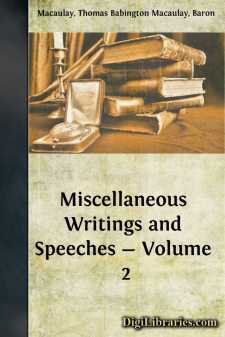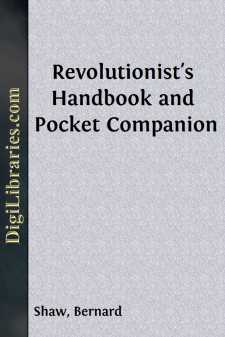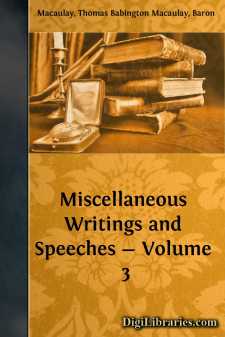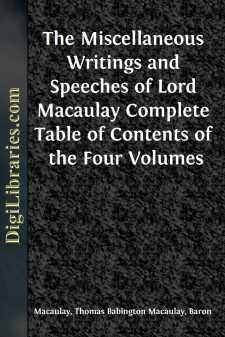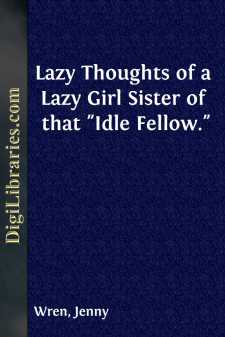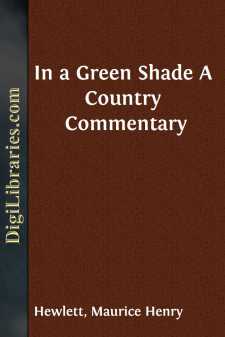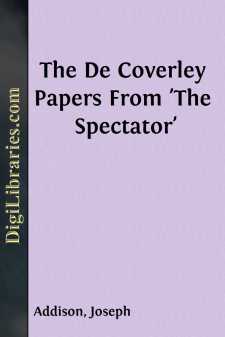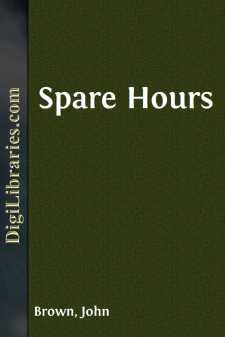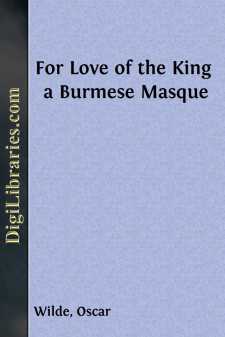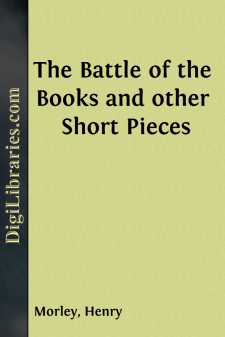Categories
- Antiques & Collectibles 13
- Architecture 36
- Art 48
- Bibles 22
- Biography & Autobiography 813
- Body, Mind & Spirit 142
- Business & Economics 28
- Children's Books 13
- Children's Fiction 10
- Computers 4
- Cooking 94
- Crafts & Hobbies 4
- Drama 346
- Education 46
- Family & Relationships 57
- Fiction 11828
- Games 19
- Gardening 17
- Health & Fitness 34
- History 1377
- House & Home 1
- Humor 147
- Juvenile Fiction 1873
- Juvenile Nonfiction 202
- Language Arts & Disciplines 88
- Law 16
- Literary Collections 686
- Literary Criticism 179
- Mathematics 13
- Medical 41
- Music 40
- Nature 179
- Non-Classifiable 1768
- Performing Arts 7
- Periodicals 1453
- Philosophy 64
- Photography 2
- Poetry 896
- Political Science 203
- Psychology 42
- Reference 154
- Religion 513
- Science 126
- Self-Help 84
- Social Science 81
- Sports & Recreation 34
- Study Aids 3
- Technology & Engineering 59
- Transportation 23
- Travel 463
- True Crime 29
Sort by:
"The Poetical Works of John Dryden". In 2 volumes.University Edition. London, 1826. The public voice has assigned to Dryden the first place in the second rank of our poets,—no mean station in a table of intellectual precedency so rich in illustrious names. It is allowed that, even of the few who were his superiors in genius, none has exercised a more extensive or permanent influence on the...
more...
by:
Bernard Shaw
FOREWORD A revolutionist is one who desires to discard the existing social order and try another. The constitution of England is revolutionary. To a Russian or Anglo-Indian bureaucrat, a general election is as much a revolution as a referendum or plebiscite in which the people fight instead of voting. The French Revolution overthrew one set of rulers and substituted another with different interests and...
more...
FRANCIS ATTERBURY. (December 1853.) Francis Atterbury, a man who holds a conspicuous place in the political, ecclesiastical, and literary history of England, was born in the year 1662, at Middleton in Buckinghamshire, a parish of which his father was rector. Francis was educated at Westminster School, and carried thence to Christchurch a stock of learning which, though really scanty, he through life...
more...
PREFACE. Lord Macaulay always looked forward to a publication of his miscellaneous works, either by himself or by those who should represent him after his death. And latterly he expressly reserved, whenever the arrangements as to copyright made it necessary, the right of such publication. The collection which is now published comprehends some of the earliest and some of the latest works which he...
more...
by:
Jenny Wren
CHAPTER I. ON LOVE."Love is of man's life a thing apart;'Tis woman's whole existence."So sings the poet, and so agrees the world. Humiliating as it is to make the confession, it is undeniably true. "Men and Dress are all women think about," cry the lords of creation in their unbounded vanity. And again, we must submit—and agree—to the truth of the accusation; at any...
more...
IN A GREEN SHADE ROUND ABOUT A PREFACE The title has become equivocal, since there are more green shades in employment now than were dreamed of by Andrew Marvell. Science is a great maker of homophones, without respect for the poets. There is, for instance, the demilune of lined buckram borne by the weak-eyed on their foreheads, the phylactery of the have-beens—I lay myself open to be believed a...
more...
by:
Joseph Addison
INTRODUCTION No character in our literature, not even Mr. Pickwick, has more endeared himself to successive generations of readers than Addison’s Sir Roger de Coverley: there are many figures in drama and fiction of whom we feel that they are in a way personal friends of our own, that once introduced to us they remain a permanent part of our little world. It is the abiding glory of Dickens, it is one...
more...
by:
John Brown
NOTE TO THE AMERICAN EDITION. The author of “Rab and his Friends” scarcely needs an introduction to American readers. By this time many have learned to agree with a writer in the “North British Review” that “Rab” is, all things considered, the most perfect prose narrative since Lamb’s “Rosamond Gray.” A new world of doctors, clergymen, shepherds, and carriers is revealed in the...
more...
by:
Oscar Wilde
ACT I SCENE I The palace of the king of burmah. The scene is laid in the Hall of a Hundred Doors. In the distance can be seen the moat, the waiting elephants, and the peacocks promenading proudly in the blinding sunshine of late afternoon. The scene discovers king meng beng seated on a raised cushion sewn with rubies, under a canopy supported by four attendants, motionless as bronze figures. By...
more...
by:
Henry Morley
Jonathan Swift was born in 1667, on the 30th of November. His father was a Jonathan Swift, sixth of the ten sons of the Rev. Thomas Swift, vicar of Goodrich, near Ross, in Herefordshire, who had married Elizabeth Dryden, niece to the poet Dryden’s grandfather. Jonathan Swift married, at Leicester, Abigail Erick, or Herrick, who was of the family that had given to England Robert Herrick, the...
more...


